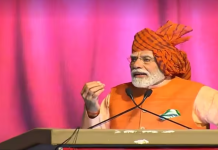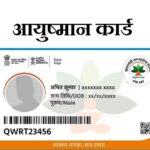The Reserve Bank of India (RBI) has announced its first global hackathon, with an aim to further improve India’s fledging digital payment systems.
RBI’s ‘HaRBInger 2021’ has invited participants to develop innovative solutions to make digital payments accessible to the India’s underprivileged, enhance the ease of payments, improve user experience and strengthen the security of digital payments.
Registration and submission of proposal starts on November 15 and ends on December 15.
The hackathon, the RBI communique has said, will give participants an opportunity to get mentored by industry experts. While the winners will take home ₹ 40 lakh, the runner-ups will get ₹ 20 lakh.
Digital Push In India
The Narendra Modi-led government has been a votary of digital payments. The demonetisation drive and the coronavirus-induced lockdown, many observers argue, have given impetus to digital payments in India.
While cash continues to be the dominant form of transaction, with the recent RBI data showing that the notes in circulation in value terms have increased by 64 per cent since demonetisation, digital payments too have seen a surge in recent years.
For instance: The National Payments Corporation of India (NPCI) flagship platform UPI recently said that it has crossed the $100 billion mark. In October, UPI had recorded 4.2 billion transactions, amounting to around $103 billion. For some context, UPI took 3 years – 2016 to 2019 – to reach 1 billion transactions but less than 2 years to cross the 4 billion-mark.
Examples Of Global ‘Hackathons’ By Banking Institutions
Hackathons, a portmanteau of hack and marathon, have grown in popularity in the past decade. A hackathon is an event where individuals or teams come together to find a solution to an existing challenge in a technology-related area.
Last year, the Central Bank of Kenya had organised a virtual global ‘hackathon’ to utilise the potential of fintech in tackling COVID-19’s impact on healthcare, digital payments and economic recovery.
Earlier this year, the fintech division of the Bank for International Settlements and SWIFT, a leading financial messaging services, had organised a hackathon to look at innovations in cross-border payments.















